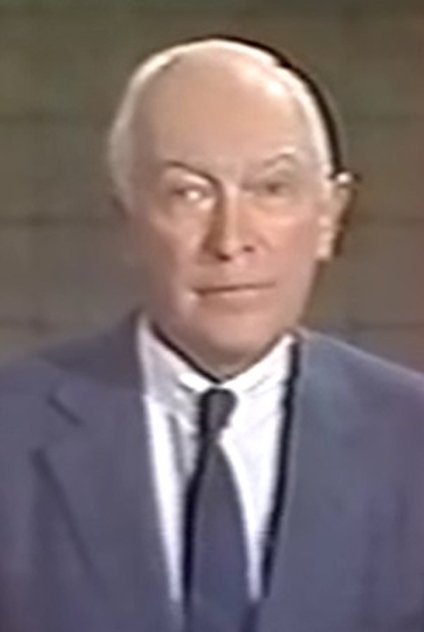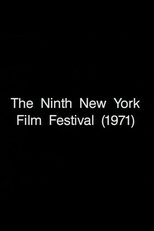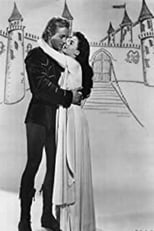

James MacAndrew
Movies for James MacAndrew...

Title: Notes on the New York Film Festival
Character: Host
Released: December 31, 1971
Type: Movie
An interview with Peter Bogdanovich and Henry Jaglom who were presenting films at the ninth New York Film Festival (1971). The documentary was first presented on the television program Camera Three.


Title: Kabuki Techniques
Released: September 21, 1969
Type: Movie
Two of the greatest stars of Japan’s kabuki theater reveal what has only rarely been seen: the actual acting techniques used in this most difficult and splendid of theater forms. Onoe Shoroku II and Onoe Baiko VII discuss and demonstrate their craft in conversation with the well-known author of works on Asian arts, Faubion Bowers. Includes film of great kabuki performances of the past. These great kabuki actors make the mechanics of theater kata (poses) clear and show some of the gestures and nuances of body language that communicate specific emotions and situations. Baiko, a famous player of women’s roles, performs a classic woman’s speech in full costume and heavy white-face make-up, and then does the same scene again in plain face and simple clothes. He shows how the Japanese fan speaks in its own language. He and Shoroku act out a fight scene; Shoroku demonstrates one of kabuki’s elaborate exit walk sequences, and compares different ways of making stylized gestures.


Title: Camera Three
Character: host
Released: December 31, 1969
Type: TV
Camera Three is an American variety show devoted to the arts. It ran on CBS from January 22, 1956 to January 21, 1979, and moved to PBS in its final year to make way for the then-new CBS News Sunday Morning. The PBS version ran from October 4, 1979 to July 10, 1980.
Camera Three featured programs showcasing drama, ballet, art, music, anything involving fine arts.
One of its most notable presentations was a condensation of Marc Blitzstein's leftist opera The Cradle Will Rock. Presented on November 29, 1964, it was a dramatic demonstration of how far television had come since its early days, in its willingness to present a work that surely would have been banned from the airwaves during the era of Joseph McCarthy.
